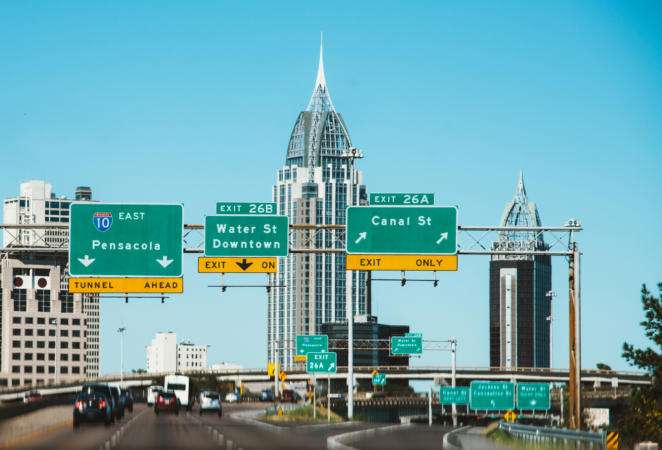Showing 2 results for:
Ransomware
Popular topics
All results

Last month, Pensacola, FL became the latest of several cities to become a victim of a cyberattack. The city was attacked by ransomware, which holds vital or secure information “hostage” until payment is made to the attackers. Nonpayment has the potential to result in the leaking of secure data and the complete disruption of operations. The ransomware affected Pensacola’s 311 customer phone helpline, sanitation department, online payment portals, and other online systems, prompting a city shutdown. Maze — a group of hackers that made similar targeted cyberattacks on other entities — has claimed responsibility for the incident. The group is demanding $1 million in ransom from Pensacola officials. The Pensacola cyberattack is just one of several attacks on U.S. cities. Key cities Atlanta and Baltimore were attacked within the past two years, and three additional cities across the U.S. fell victim to cyberattacks within the last month. While Pensacola’s population of approximately...

In 2016, when FBI Director James Comey conducted a question-and-answer session on privacy at Kenyon College , one of his revelations baffled the audience. Comey admitted to covering his laptop’s webcam to ensure privacy, and encouraged others to do the same. Some thought it ironic, coming from a federal agent whose work involved the very infiltration of privacy. In the three years since Comey’s initial warning, the information security landscape has changed dramatically. Not only did a presidential election make Americans think twice about online security threats and the ramifications of hacking in politics, but major breaches at well-respected companies such as Target, Equifax, and Facebook also revealed the impact on our wallets and on our identity. While many can imagine what hackers could want with your personal and account information, it may be harder to discern how your webcam video feeds and sound bites could prove valuable. Hackers can actually use a Remote Access Tool to...